14/05/2025
What is Democratic Literacy?
Democracy was born in Athens in the 6th century BCE. Originally, only free men had the right to participate directly in political decisions, over the centuries, this has evolved to allow adult citizens, both men and women in a given territory to exercise their right to vote. Knowing this basic information about who can vote in democratic elections is far from understanding what “democratic literacy” truly means.
Democratic literacy is the ability to understand, contribute to, and actively participate in democratic societies. It’s not only about understanding how institutions function or the act of voting itself. Democratic literacy requires a critical understanding of the values, responsibilities, and processes that uphold democracy. Having this in-depth knowledge enables individuals to take meaningful action within the political and social contexts in which they live.
This literacy includes knowing the rights and duties we have as citizens; understanding how institutions work; recognizing the pillars that support democracy, such as pluralism, equality, and dialogue; exercising critical thinking; participating in democratic processes; among other characteristics.
John Dewey, an American educator, psychologist, and philosopher known for his educational texts, is considered one of the pioneers of democratic learning. He argued that schools should be an extension of society—a space where democracy is present and practiced from an early age. In this way, boys and girls would be prepared to take an active and conscious role in society. Dewey firmly believed that, for this to happen, children needed to experience and analyze real-life cases, and that teachers should act as guides in this process.
Democratic literacy is a necessary tool to combat misinformation, polarization, and political disengagement. It should be cultivated from an early age and sustained throughout life. It must not be an exclusive skill of experts or politicians—it is a capacity that all citizens should possess, not just when they are called to vote, but in their everyday lives.
Read more:
Dominguez, I. “The Origin of Democracy” in Ethic. 2023. Available at: https://ethic.es/el-origen-de-la-democracia
UNIR. “Democratic Education According to John Dewey.” 2025. Available at: https://mexico.unir.net/noticias/educacion/educacion-democratica-john-dewey/
Ministry for the Ecological Transition and the Demographic Challenge. “Manifesto for Democratic Education in Values.” 2018. Available at: https://te-feccoo.es/wp-content/uploads/2018/09/MANIFIESTO-por-una-educacio%CC%81n-democra%CC%81tica-en-valores-8.pdf
Leer más

14/05/2025




